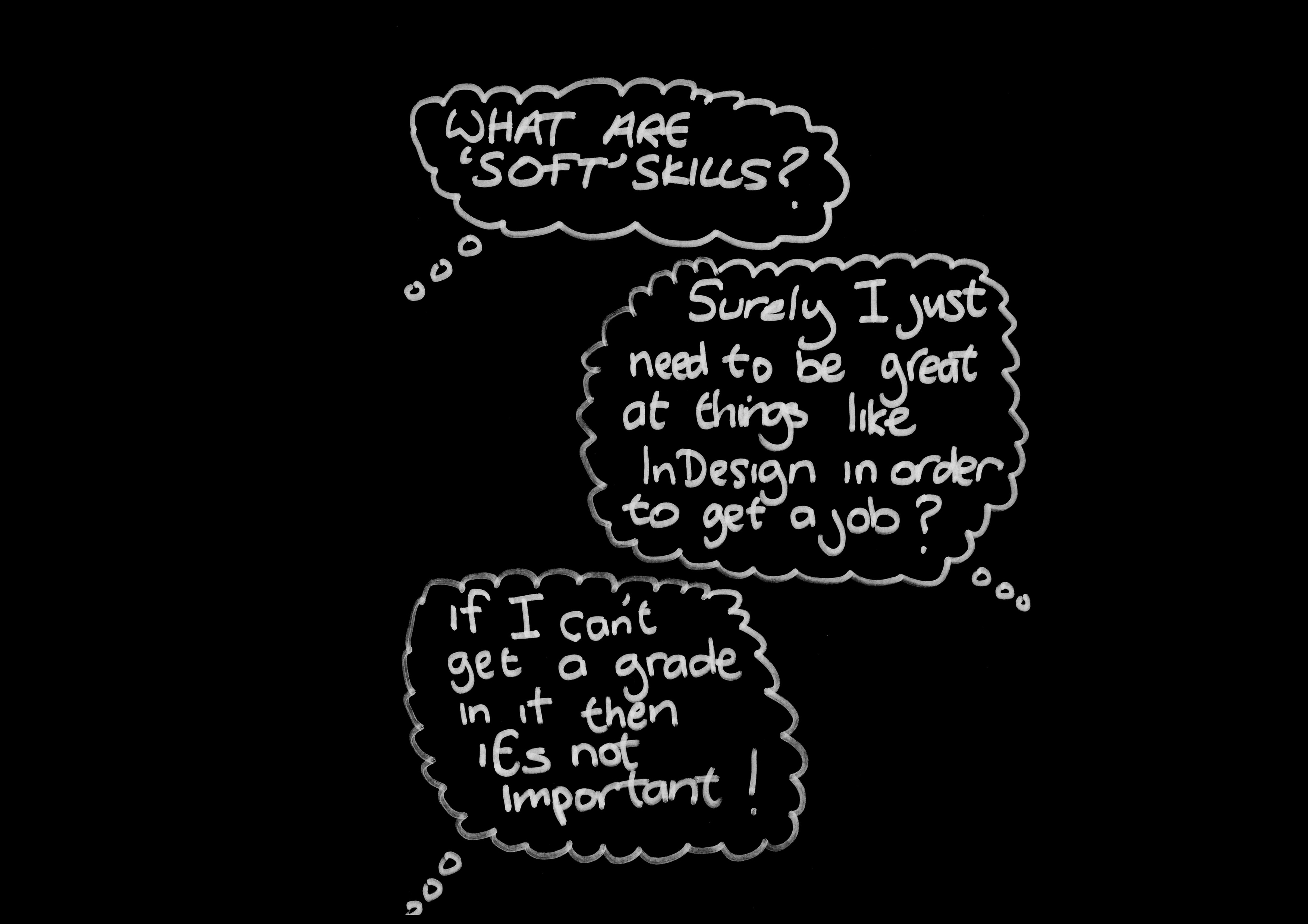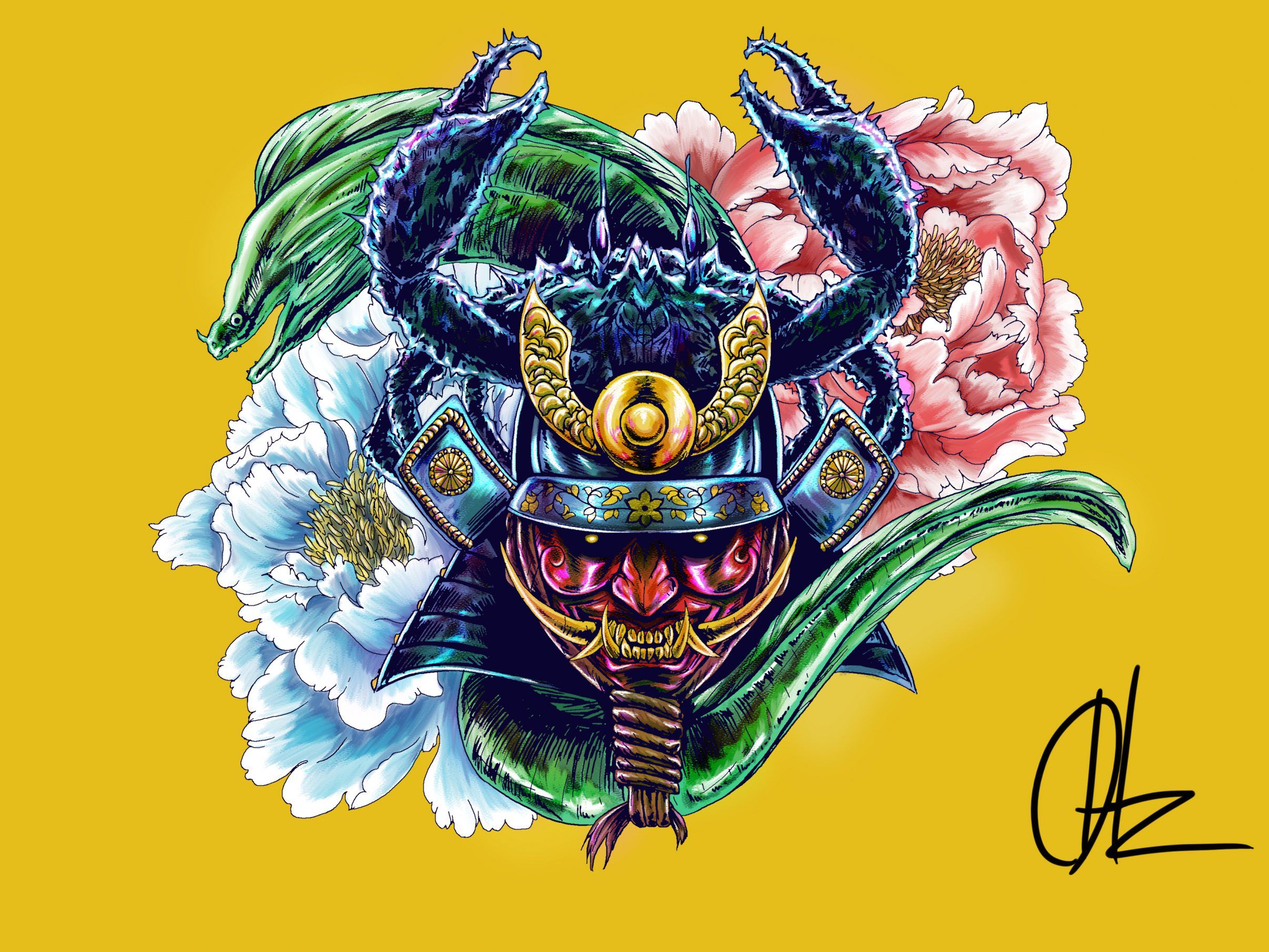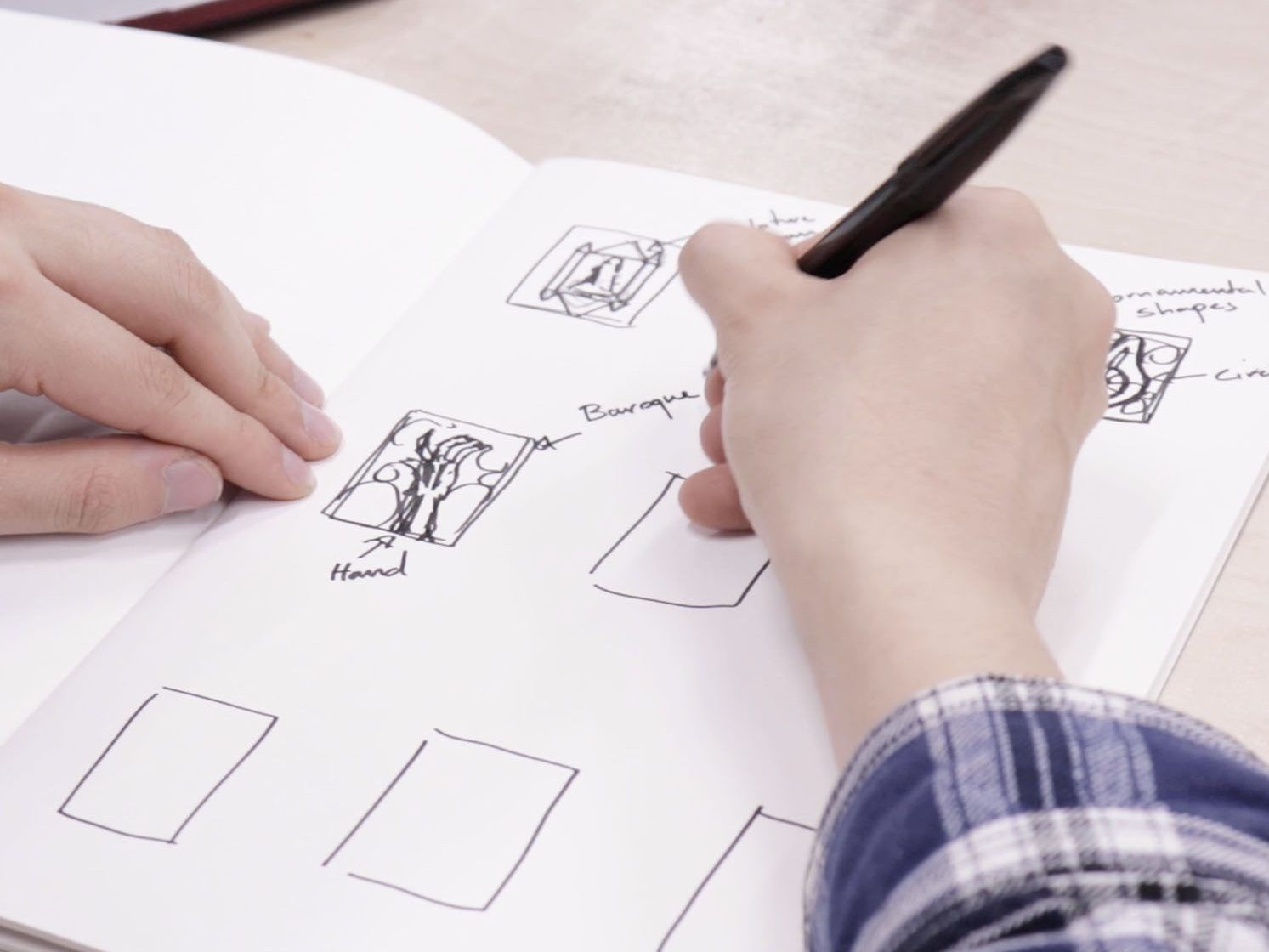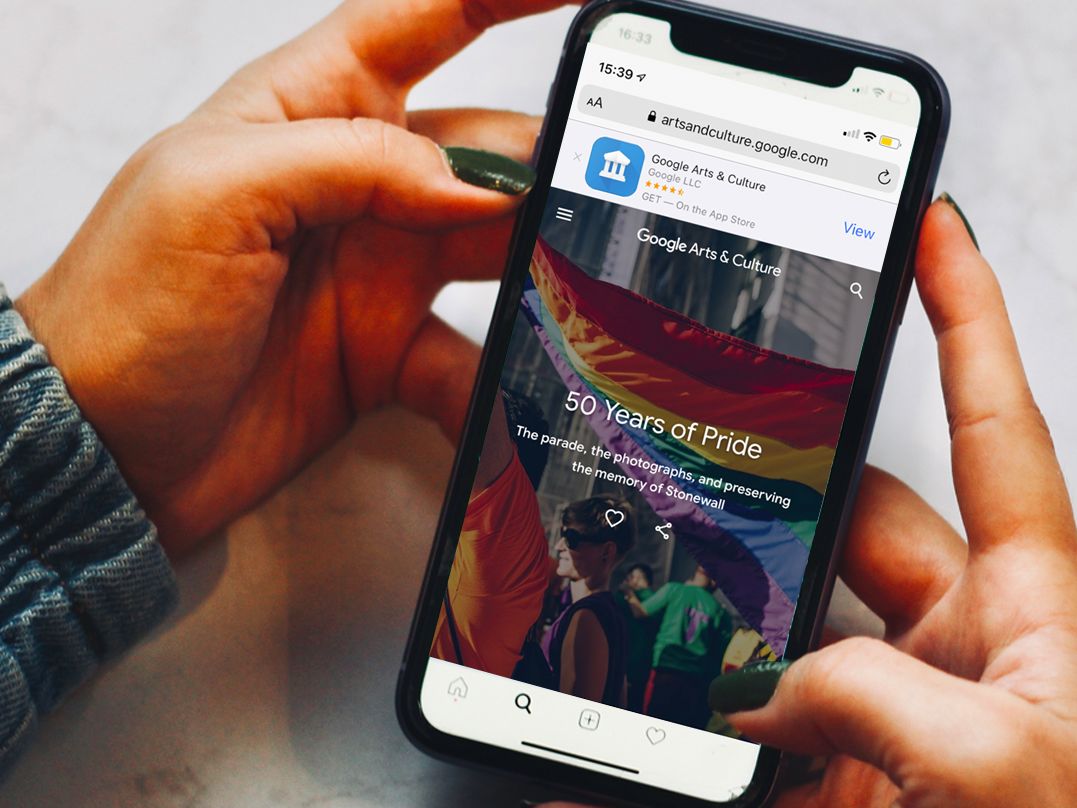We’ve all done exams, been graded, got the certificates to prove it, we’ve all got hard skills. But chances are, you’ve got skills in things that you might not even realise are skills – being on time? That’s a ‘soft’ skill. A good listener? Again, a soft skill. These soft skills might sound like normal things you do, after all, they are the things that make you who you are. But these skills are not to be underestimated: it’s these soft skills that will help you succeed, alongside learning the craft of hard skills.
Skills, we’ve all got them

We spend all our lives gaining new skills: social skills, people skills, careers and life skills, gaming skills, dance skills – they all count. The skills we acquire as we go through life all connect together.
Some of the skills we gain are to prove that we are competent (like a driving test) and these are ‘hard’ skills. They’re the ones that we can measure. Others – our soft skills – are more difficult to measure but are just as important.
Hard and soft skills work together. If you are really good at Photoshop (a hard skill) you may well have the soft skill of creativity. If you are great at programming (a hard skill) you may well be observant, have great concentration and be motivated (all soft skills). If you become a professional dancer (hard skill) you will have learnt to be resilient (a soft skill).
For this exercise, we’re going to take a moment to make a list of all our hard skills and then all our soft skills. Points two and three below will help you to decide which skill belongs to which category.
How to identify your hard skills

Hard skills are any skills relating to a specific task or situation. These skills are easily quantifiable unlike soft skills which are related to one’s personality. Things like maths, Photoshop, Illustrator, InDesign and being able to use particular machinery like a sewing machine for example are all hard skills. As are digital literacy skills including: information literacy, media literacy and information and communication technologies (ICT).
How to identify your soft skills
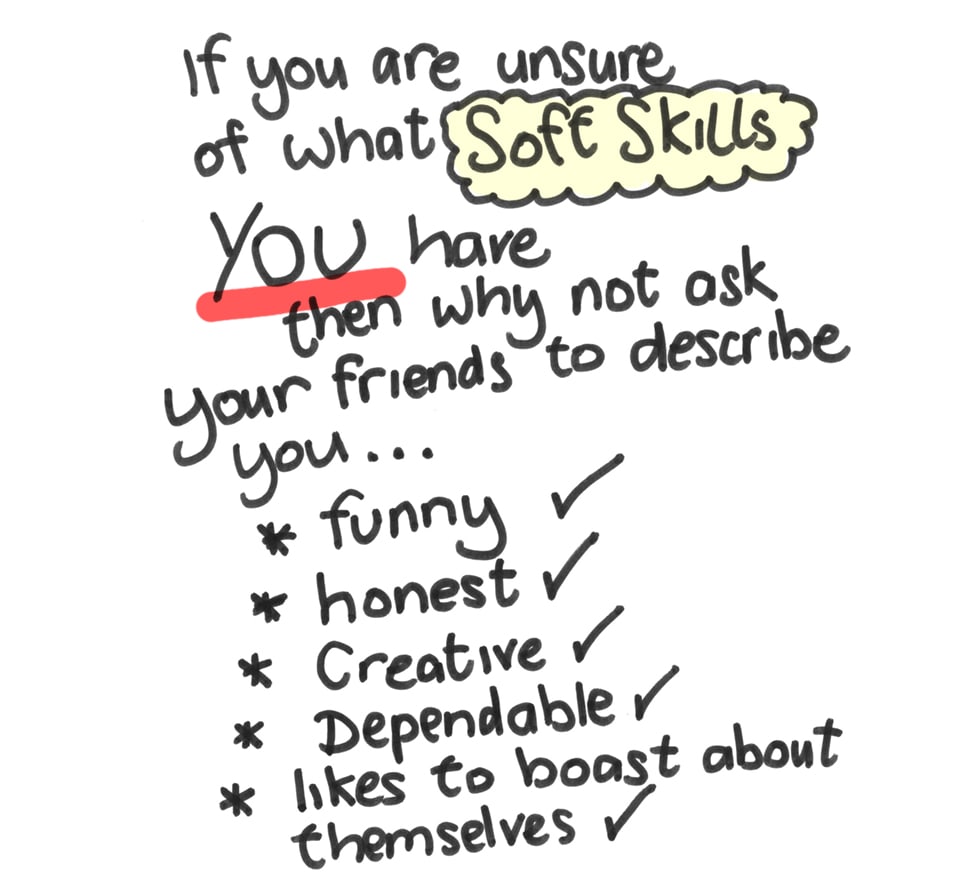
These are the skills that you demonstrate day-to-day, the kinds of skills that are the reasons why your friends might like you: funny, a good listener in a time of need, friendly, approachable, being able to negotiate to get something done, curious about things that you’ve no idea about… Why not ask your friends and family to write a list of reasons why they like you (and you do the same for them)? Before you know it, you’ve got a list of soft skills.
Why are soft skills important and how can you combine them with your hard skills?

During the summer school with Robert and fellow tutor Chris, students came together as a team to create a magazine. They used the technique of brainstorming to work out what subjects and issues they were interested in and what soft and hard skills they could bring to the team.
Many people take their soft skills for granted, but it’s often these skills that set us apart from the competition and mark us out as individuals. When it comes to getting a job, the people that hire us want to make sure that we’ll be able to get along in a team and that we’ll be the kind of people that they’ll want to work with. Equally when you collaborate on a project in or outside of school or college your soft skills can really help you contribute and bond with your team. Arguably, with the right training, anyone can master a hard skill, but it’s the combination of soft skills that keep everything afloat. Why not write down how your soft and hard skills could work together?
Soft skills: It’s all about communication

Listen up! Listening is a skill. It’s a bit like understanding body language, it’s all about understanding the nuance and, sometimes, the meaning behind the words and the way they are being delivered. And, as for delivering words, other soft skills include presentation, public speaking and storytelling. The art of great communication revolves around the skills of listening and responding in a suitable way – often to persuade an audience. Your skills in these areas go a long way in any creative process.
Soft skills: Critical thinking

Don’t just do it, think about the why and how, and be willing to adapt to change. Being curious is the fuel that keeps us going, make sure that you constantly top up the tank by being willing to learn from a number of sources. Every problem is there to be solved and you’ll be better equipped to do so if you use your soft skills to chip away at the problem-at-hand, confident in the knowledge that you’re doing so to grow and adapt. The world is full of uncertainty, embrace that fact and you’ll go far.
Soft skills: Having a positive attitude

Yes! Confidence grows with each step we take to succeed. Being motivated (being able to work when there’s no one looking over your shoulder to make you stick to it) is one of the main requirements of being creative. Being creative is hard work, it’s up to you to make it work – a soft skill that’s hard work.
Remember: You need both soft and hard skills to succeed but you will develop your soft skills over time

“Whaaaa! These soft skills sound like the personality traits of a loud, outgoing person. What if I’m a shy, quiet type?”
Some of these soft skills might sound a bit daunting, but they can and will be developed through a number of ways as you go through life. Few of us start out with all the soft skills that we need, but through openness to develop and grow, to challenge ourselves, we can build these skills up over time. Read back over the soft skills listed here, you’ve probably got more than half of them down already. As you carry on developing your craft, remember that it’s a balance of hard and soft skills that go into making a great creative person, and you’re probably more than halfway there already.
